
Why SVB Registration is Essential for Related Party Imports in India?
In international trade, specifically related-party imports by multinationals, SVB registration is mandatory under Indian customs law. Special Valuation Branch Registration is an administrative and legal provision under the Customs Act, 1962 which avoids abusive valuation of related-party imported goods, thereby avoiding government revenue erosion and ensuring transparency in international trade transactions. What is SVB Registration?
SVB Registration is required to be performed by importers who are trading in transaction with related parties as prescribed under Rule 2(2) of the Customs Valuation (Determination of Value of Imported Goods) Rules, 2007. Such transactions could well test bona fides of transaction value claimed, as price would depend upon buyer-seller relationship.
To manage risks of under-invoicing or over-invoicing, Indian Customs instructs such importers to obtain SVB Registration from a duly authorized Special Valuation Branch — a specialized branch of Customs Department. The department checks whether the relationship influenced the transaction value and whether the value given is in terms of Rule 3 and Rule 4 of the Valuation Rules, 2007.
Legal Basis and Application
SVB Registration requirement arises on the basis of:
- Section 14 of the Customs Act, 1962, which stipulates the approach for valuation of import goods.
- Customs Valuation (Determination of Value of Imported Goods) Rules, 2007, which stipulate a hierarchy of approaches to determination of value of goods.
- CBEC Circular No. 5/2016-Customs dated 9th February 2016, which ensures procedural certainty of making SVB application filings.
According to these rules, Special Valuation Branch Registration is needed when
- Any foreign supplier-importer payment or fund transfer in more than the invoice amount.
- Both foreign supplier and importer are related parties under rules of valuation definitions.
- There is any royalty, licensing fee, or financial similar phrase.
Why SVB Registration is Needed in Related Party Imports?
- Prevention of Revenue Erosion: SVB Registration prevents party relation declared value manipulation. It prevents the exchequer from loss through transfer price manipulation.
- Compliance: Delinquency or non-filing of SVB Registration attracts penal penalties under Section 112 and 114A of the Customs Act.
- Smooth Clearance: With SVB Registration, importers are not interrogated repeatedly on subsequent clearances. After relationship and price enquiry, customs transactions are quicker.
- Audit Readiness: In any in-house or departmental audit, having SVB Registration reflects seriousness and transparency in handling related party transactions, and disputes or post-clearance demand notices become far-fetched possibilities.
- Reasoning on Reasonable Market Value: SVB Registration provides a structured approach to arriving at the conclusion that the number of transactions is in keeping with arm's length pricing, as in the case of provisions under global transfer pricing regimes as well.
Filing and Procedure Issues
The application for SVB Registration is required to be made by the importer within 60 days of the initial related party importation.
The application is to be accompanied by:
- Questionnaire with full disclosure
- Transfer price reports (if existent)
- Supplier's international contracts
- Import invoices and specifications
Non-registration will lead to invocation of provisional assessment under Section 18 of the Customs Act, and differential duty and interest demands.
Conclusion
Briefly put, SVB Registration is not merely a procedural process but a strict compliance requirement of group entity import firms. It fosters fair valuation, safeguards revenue, and ushers in certainty of law. SVB Registration has to be undertaken as early as possible by firms, particularly in business undertakings with group entities overseas, so that there may be hassle-free operations and regulatory compliances.
As the pace of globalization quickens and regulators tighten control, SVB Registration needs to be brought home by importers that it is equally a sword as well as a shield against controversy of valuation, enabling customs to learn through facts in order to make fair appraisals. Party importers as stakeholders, all of them therefore need to make SVB Registration compulsory, not voluntary.
Read Also - SVB Registration
Recent Posts
-
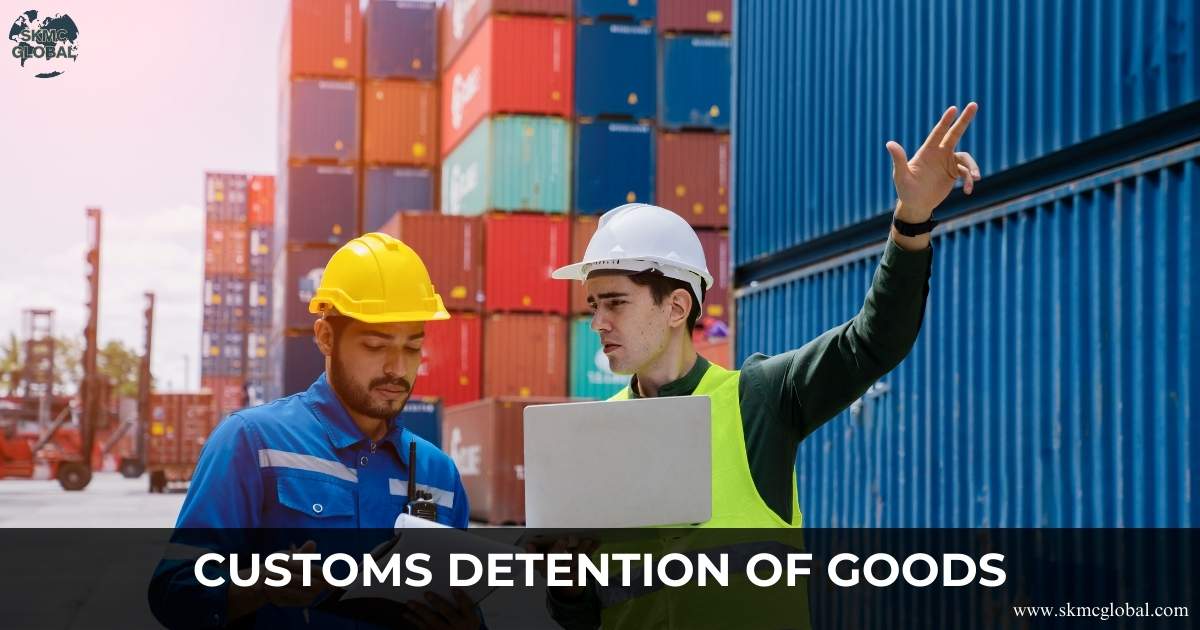 Customs Detention of Goods: How It Works, Demurrag...
Dec 16,2025
Customs Detention of Goods: How It Works, Demurrag...
Dec 16,2025
-
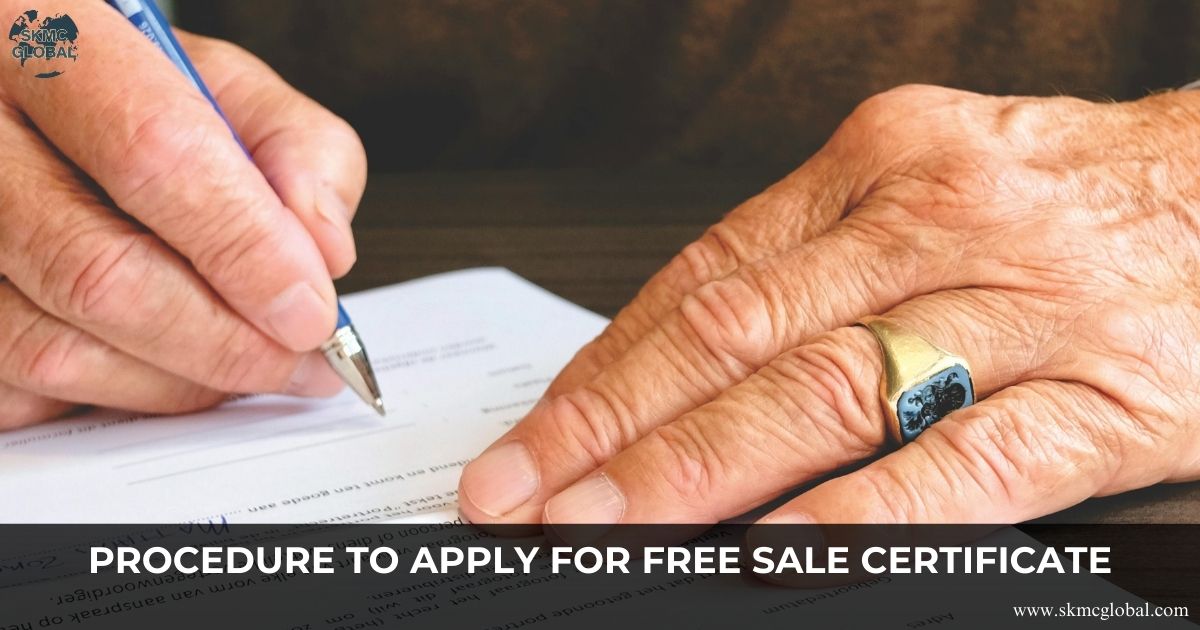 Procedure to Apply for Free Sale Certificate...
Dec 05,2025
Procedure to Apply for Free Sale Certificate...
Dec 05,2025
-
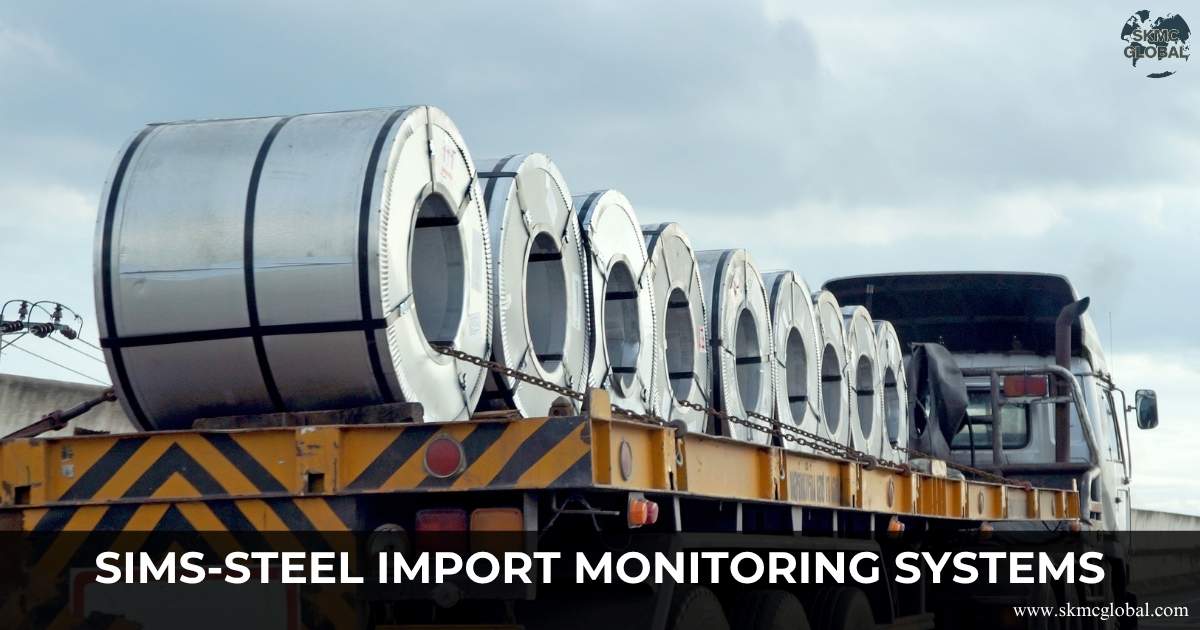 What is SIMS and When It Is Required?...
Nov 10,2025
What is SIMS and When It Is Required?...
Nov 10,2025
-
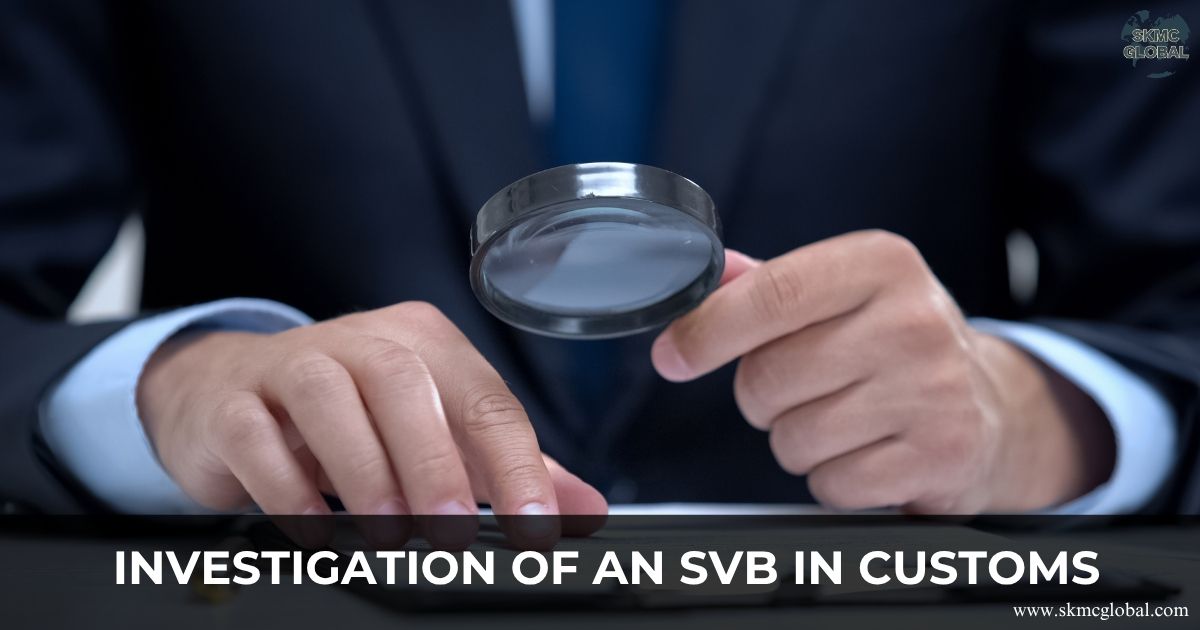 What if your SVB investigation does not satisfy cu...
Nov 04,2025
What if your SVB investigation does not satisfy cu...
Nov 04,2025
-
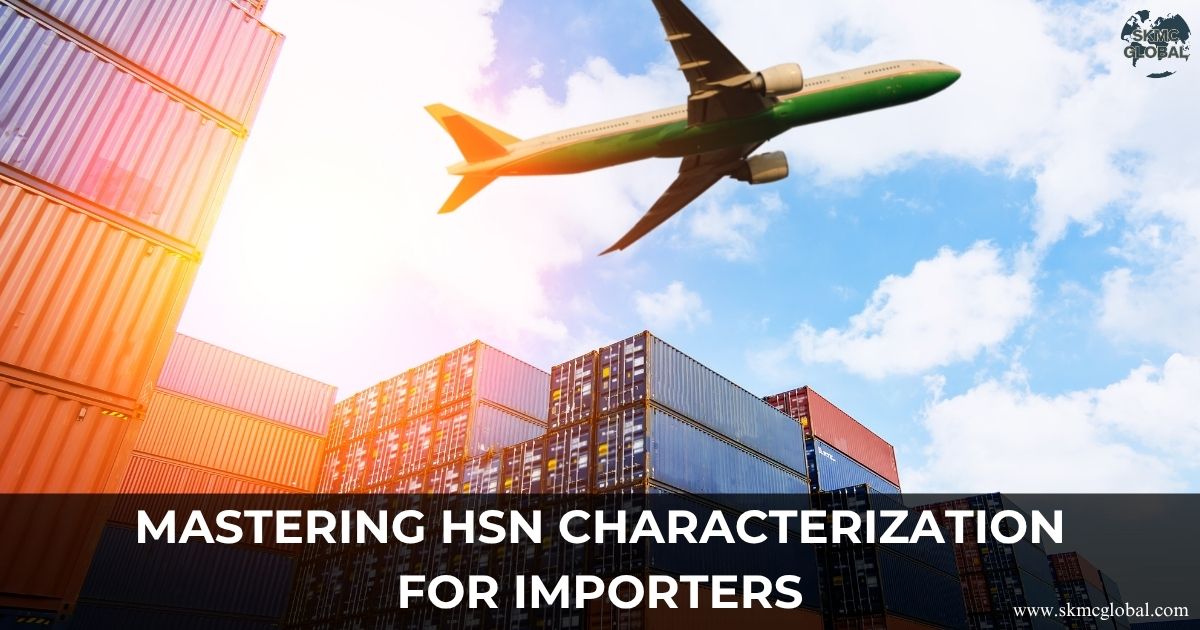 Mastering HSN Characterization for Importers...
Oct 29,2025
Mastering HSN Characterization for Importers...
Oct 29,2025
-
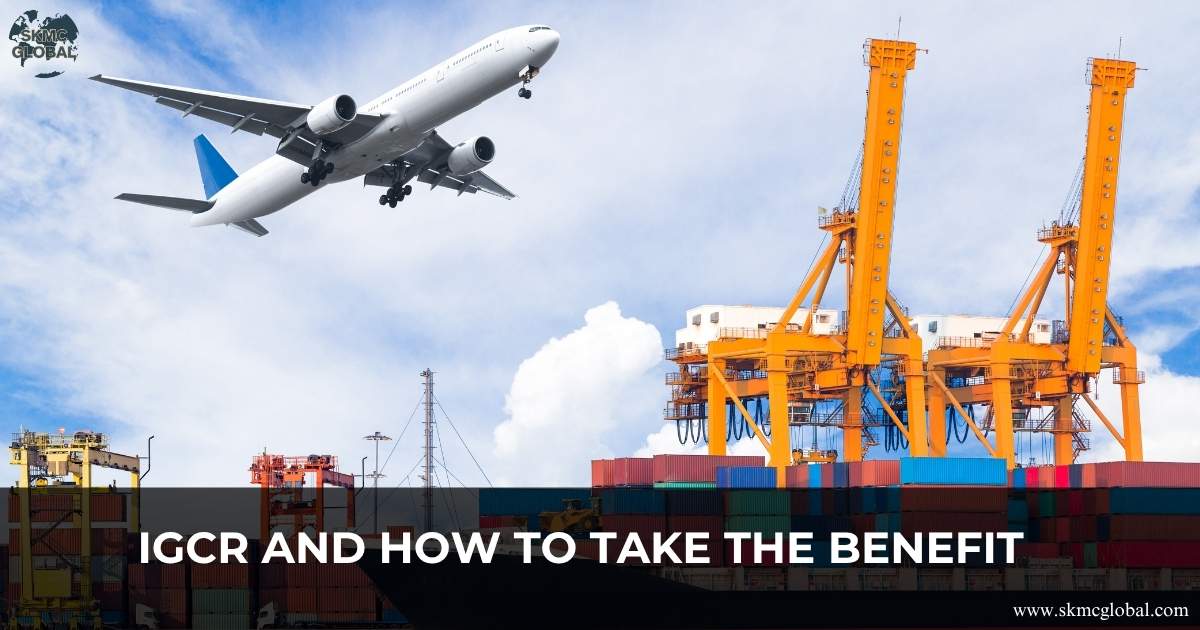 What is IGCR and How to Take the Benefit?...
Oct 18,2025
What is IGCR and How to Take the Benefit?...
Oct 18,2025
-
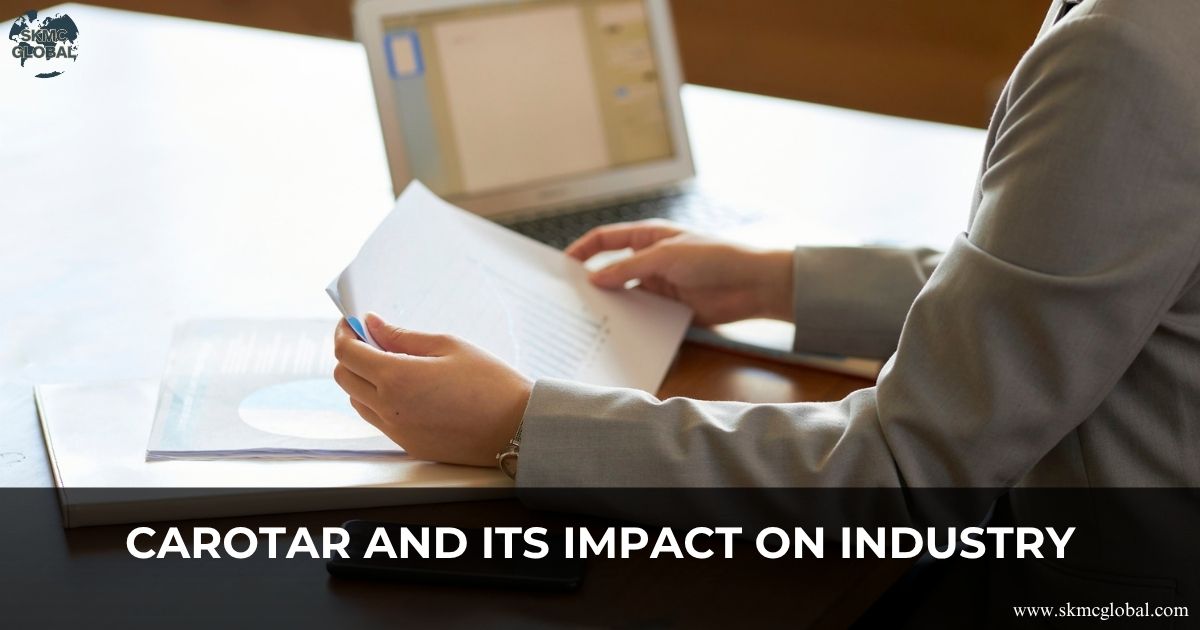 What is CAROTAR and Its Impact on Industry?...
Oct 15,2025
What is CAROTAR and Its Impact on Industry?...
Oct 15,2025
-
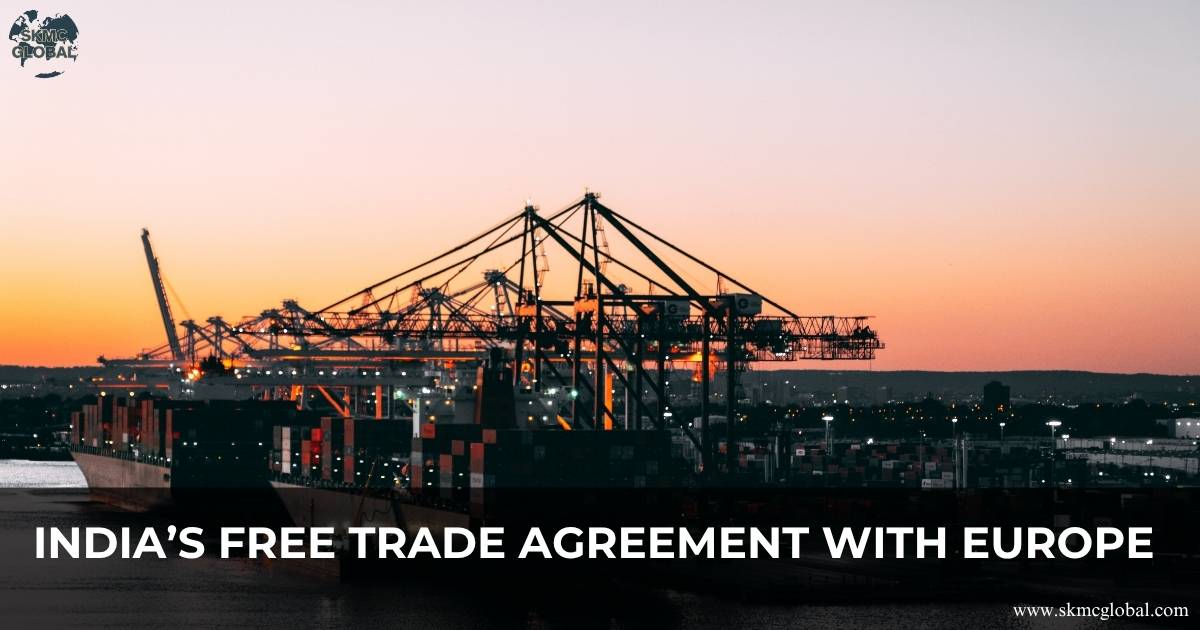 India’s Free Trade Agreement with Europe ...
Oct 14,2025
India’s Free Trade Agreement with Europe ...
Oct 14,2025
-
 Comprehensive Economic Partnership Agreement of In...
Oct 13,2025
Comprehensive Economic Partnership Agreement of In...
Oct 13,2025
-
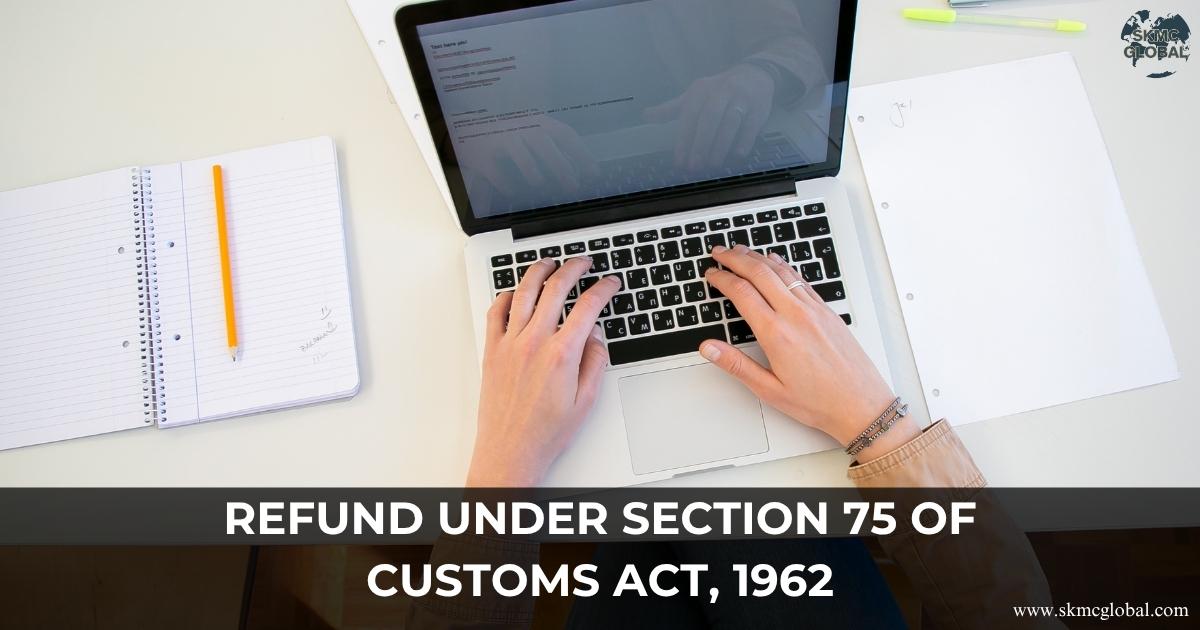 Refund under Section 75 of Customs Act, 1962...
Oct 11,2025
Refund under Section 75 of Customs Act, 1962...
Oct 11,2025
-
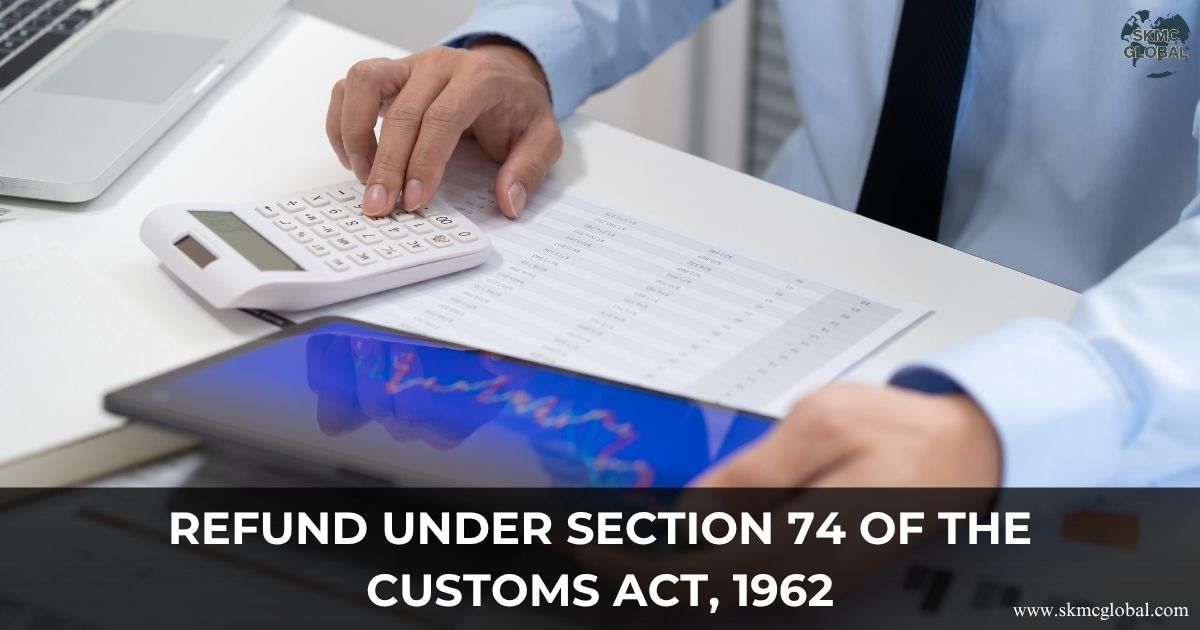 Refund under Section 74 of the Customs Act, 1962...
Oct 10,2025
Refund under Section 74 of the Customs Act, 1962...
Oct 10,2025
-
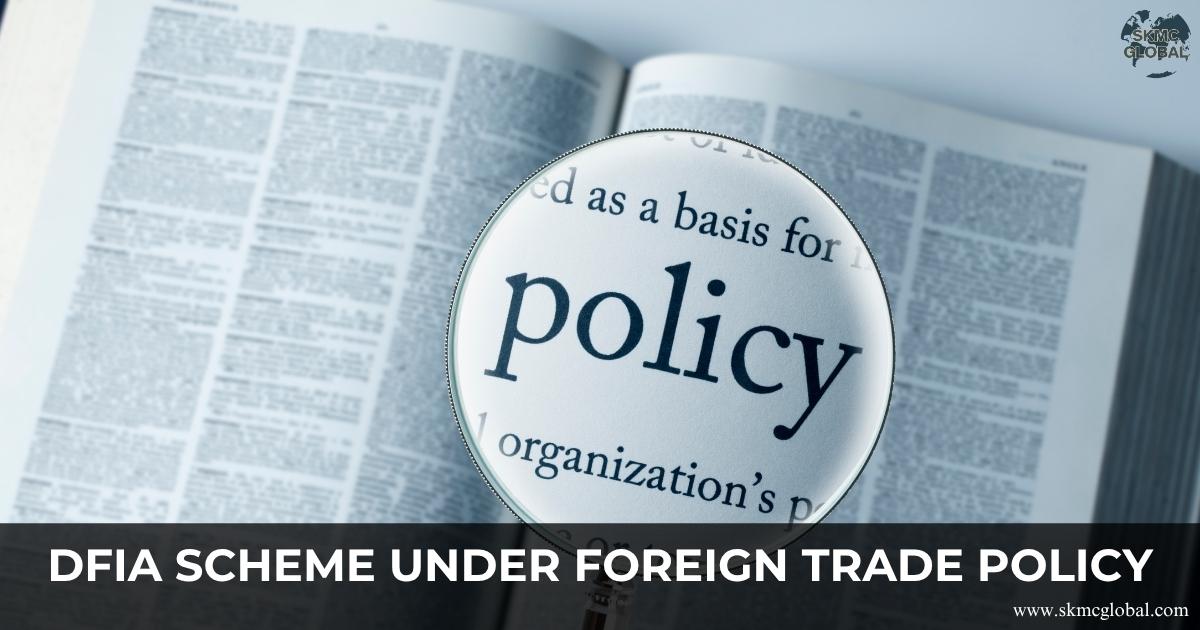 All About DFIA Scheme under Foreign Trade Policy...
Oct 07,2025
All About DFIA Scheme under Foreign Trade Policy...
Oct 07,2025
-
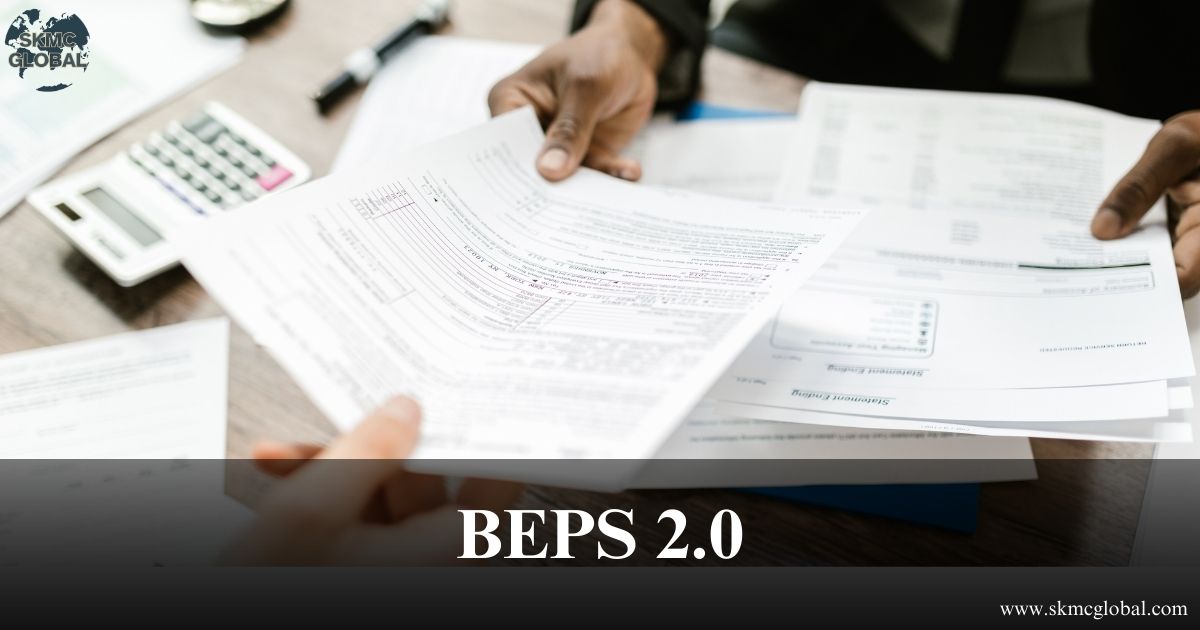 Navigating BEPS 2.0: Pillar One & Pillar Two in Tr...
Aug 16,2025
Navigating BEPS 2.0: Pillar One & Pillar Two in Tr...
Aug 16,2025
-
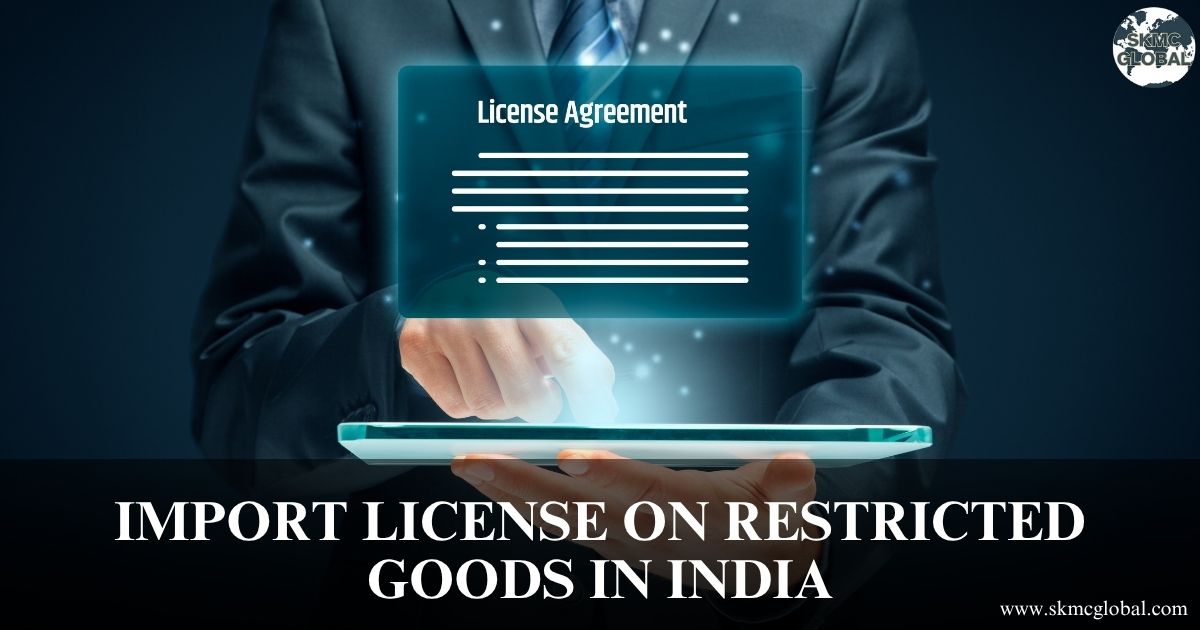 Import license on restricted goods in india...
Aug 07,2025
Import license on restricted goods in india...
Aug 07,2025
-
 Procedure to take ICEGATE Registration...
Aug 06,2025
Procedure to take ICEGATE Registration...
Aug 06,2025
-
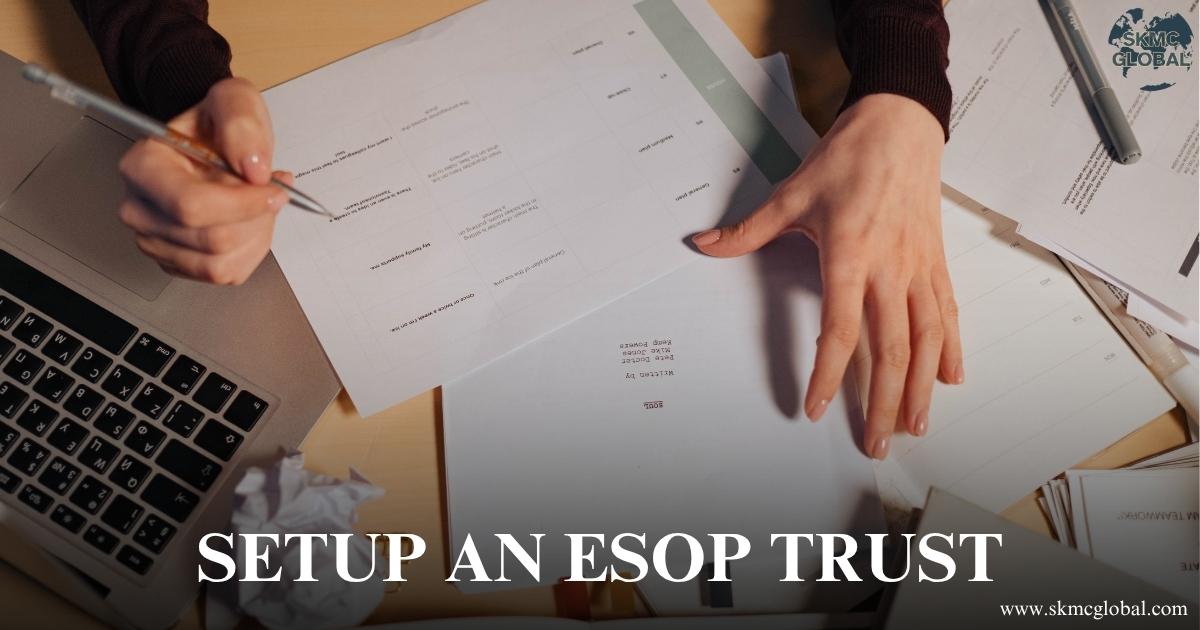 Procedure to setup an ESOP Trust...
Aug 01,2025
Procedure to setup an ESOP Trust...
Aug 01,2025
-
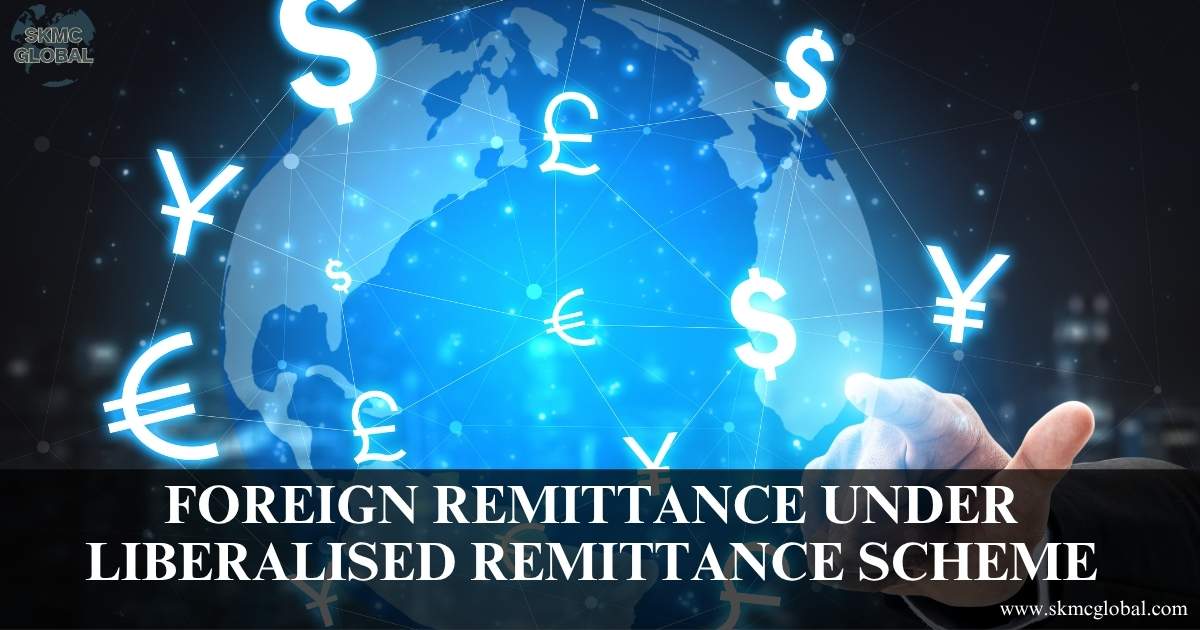 Foreign Remittance under liberalised remittance Sc...
Jul 30,2025
Foreign Remittance under liberalised remittance Sc...
Jul 30,2025
-
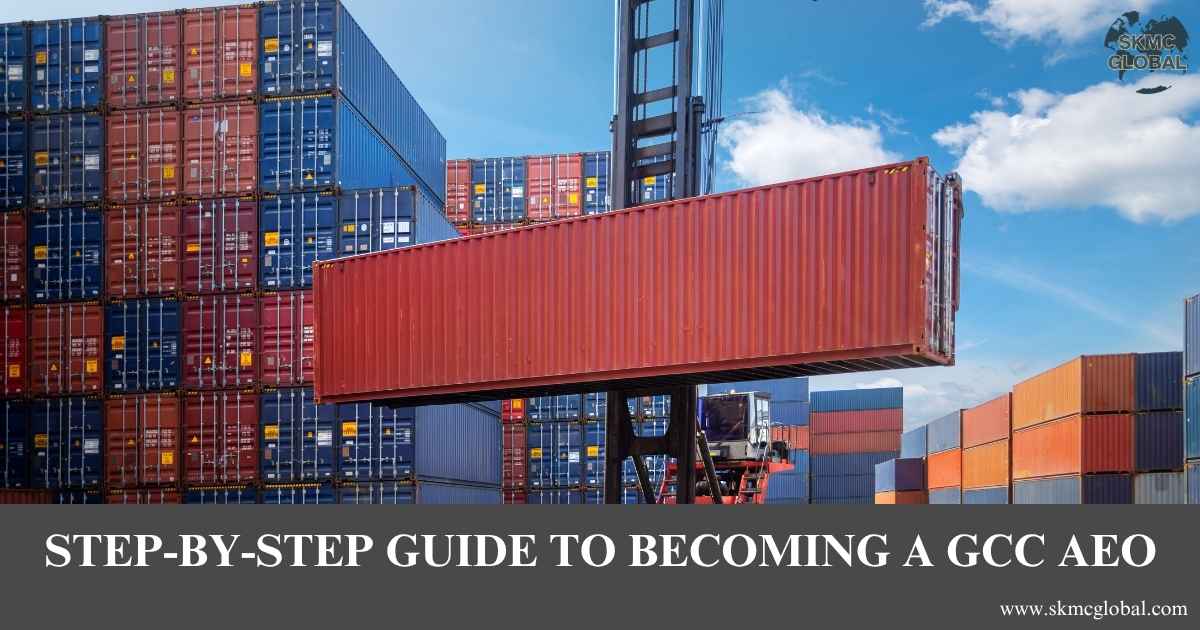 A Step-by-Step Guide to Becoming a GCC AEO...
Jul 18,2025
A Step-by-Step Guide to Becoming a GCC AEO...
Jul 18,2025
-
 Role of Mutual Recognition Agreements under AEO an...
Jul 14,2025
Role of Mutual Recognition Agreements under AEO an...
Jul 14,2025
-
 What is Anti Dumping Duty investigation and its pr...
Jul 09,2025
What is Anti Dumping Duty investigation and its pr...
Jul 09,2025
-
 Annual return requirement under RoDTEP scheme of D...
Jul 09,2025
Annual return requirement under RoDTEP scheme of D...
Jul 09,2025
-
 EPCG Registration: A Step by step Guide for Indian...
Jul 08,2025
EPCG Registration: A Step by step Guide for Indian...
Jul 08,2025
-
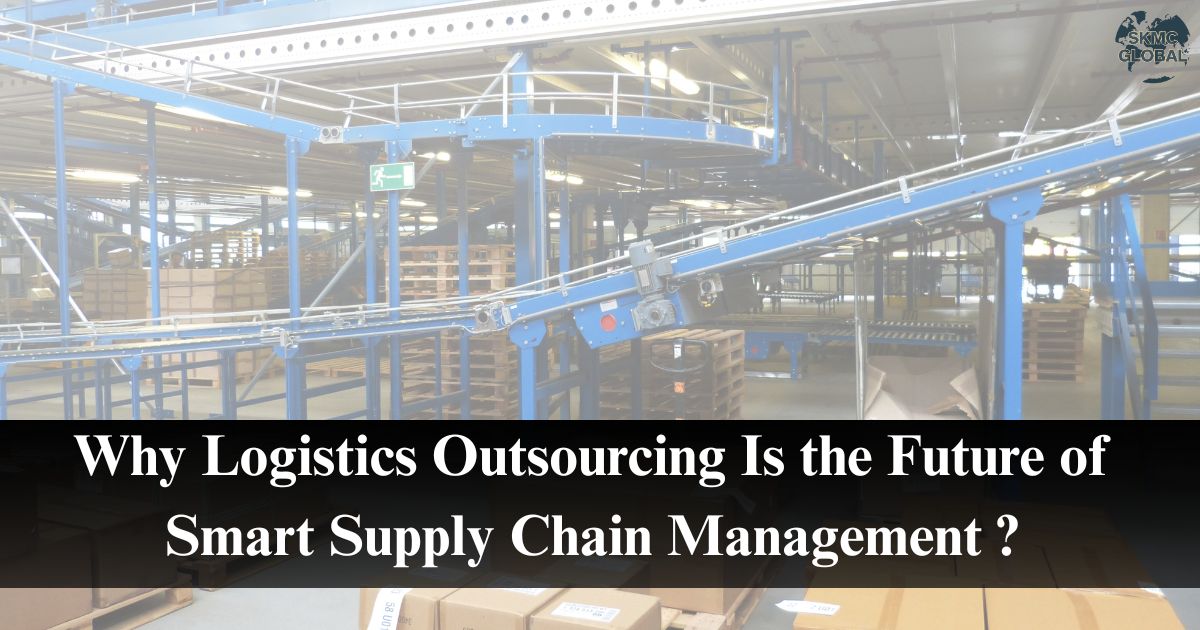 Why Logistics Outsourcing Is the Future of Smart S...
Jun 02,2025
Why Logistics Outsourcing Is the Future of Smart S...
Jun 02,2025
-
 India's Foreign Trade Agreement and Investment Tre...
May 31,2025
India's Foreign Trade Agreement and Investment Tre...
May 31,2025
-
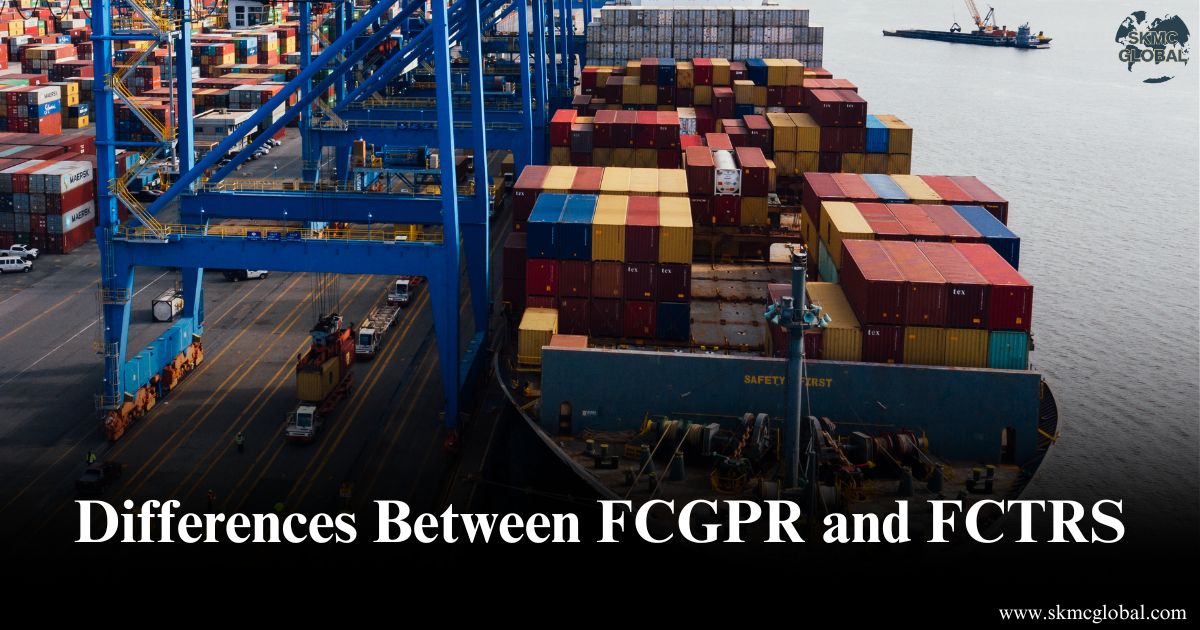 Differences Between FCGPR and FCTRS:A Comprehensiv...
May 28,2025
Differences Between FCGPR and FCTRS:A Comprehensiv...
May 28,2025
-
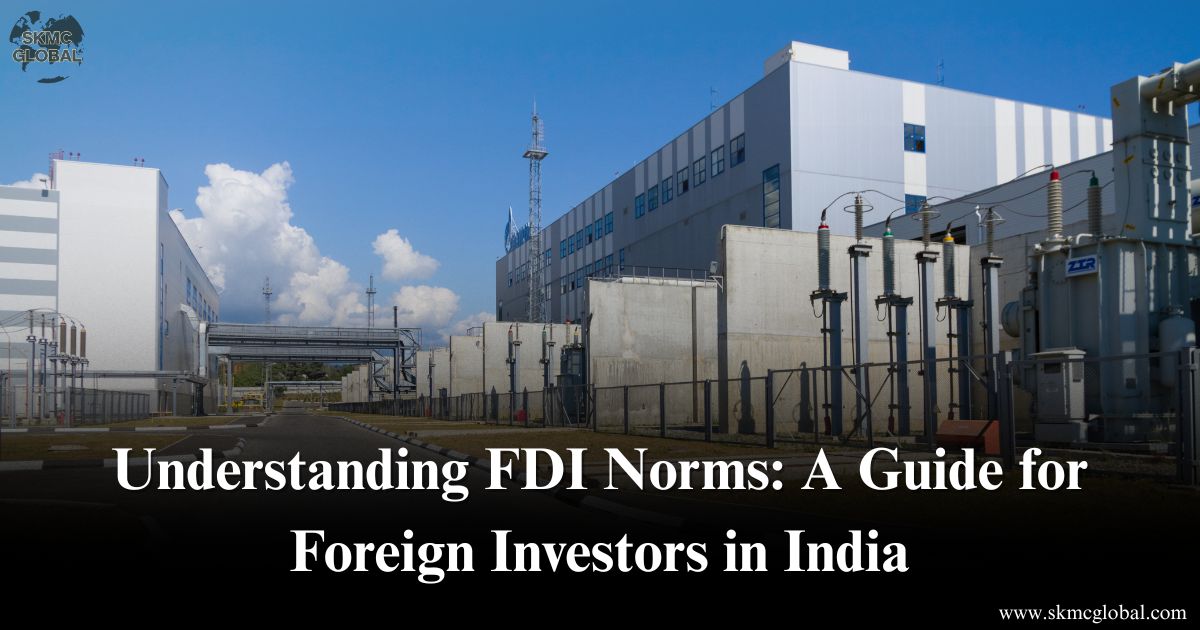 Understanding FDI Norms- A Guide for Foreign Inves...
May 29,2025
Understanding FDI Norms- A Guide for Foreign Inves...
May 29,2025
-
 What you need to know about india's special econom...
May 27,2025
What you need to know about india's special econom...
May 27,2025
-
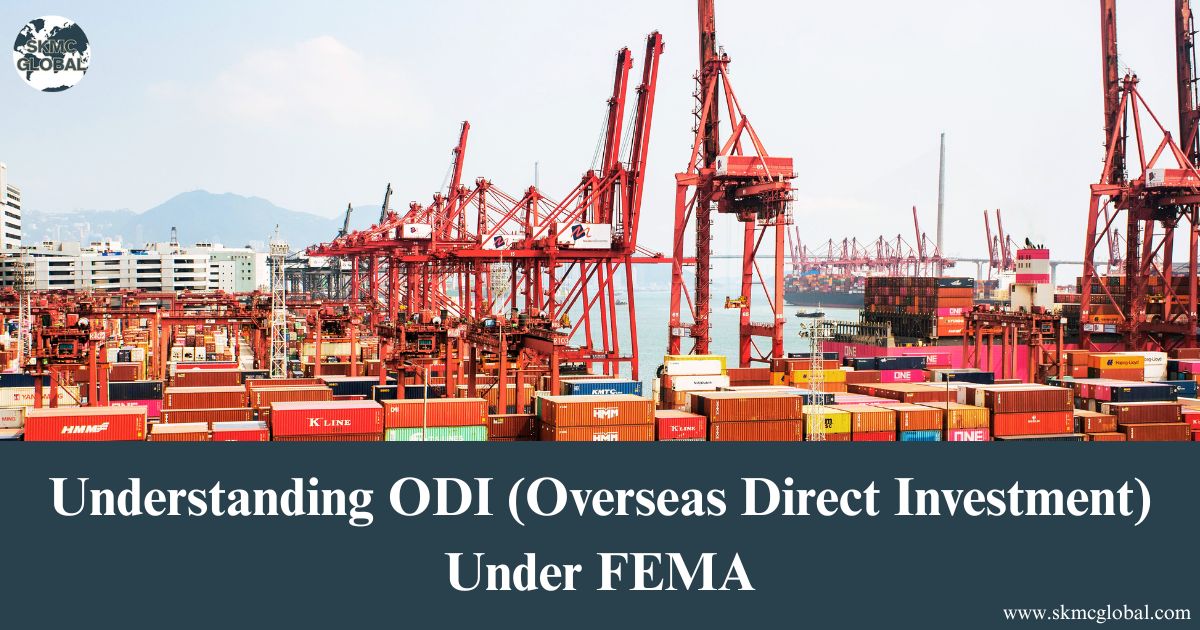 Understanding ODI (Overseas Direct Investment) Und...
May 26,2025
Understanding ODI (Overseas Direct Investment) Und...
May 26,2025
-
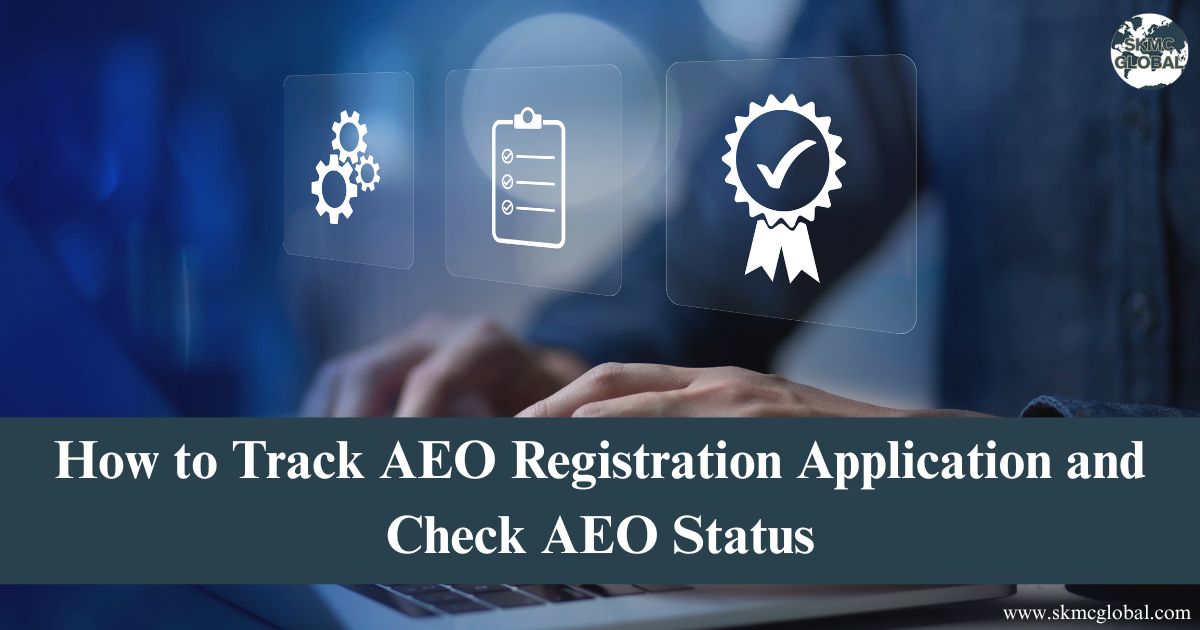 How to Track AEO Registration Application and Chec...
May 22,2025
How to Track AEO Registration Application and Chec...
May 22,2025
-
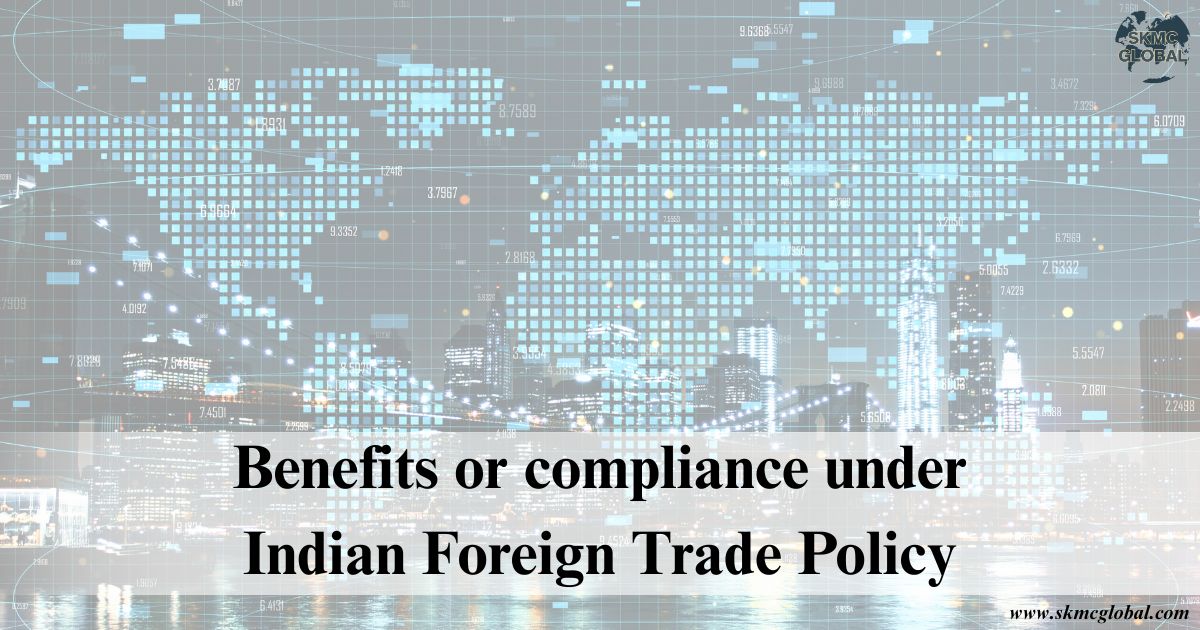 Benefits or compliance under Indian Foreign Trade ...
May 20,2025
Benefits or compliance under Indian Foreign Trade ...
May 20,2025
-
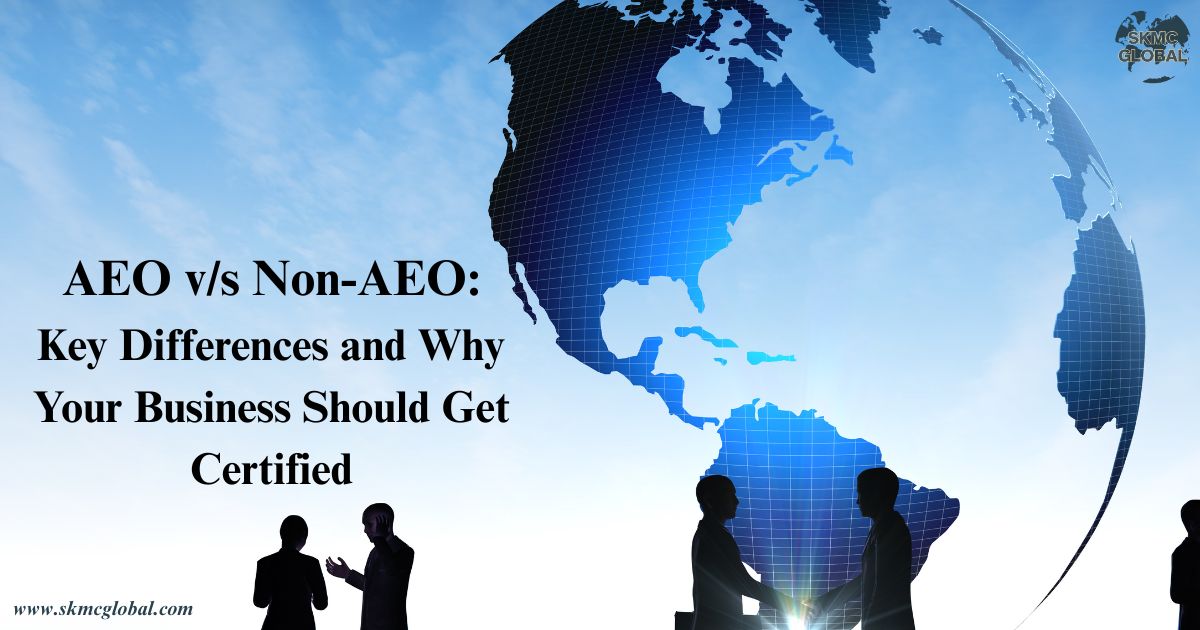 AEO v/s Non-AEO: Key Differences and Why Your Busi...
May 19,2025
AEO v/s Non-AEO: Key Differences and Why Your Busi...
May 19,2025
-
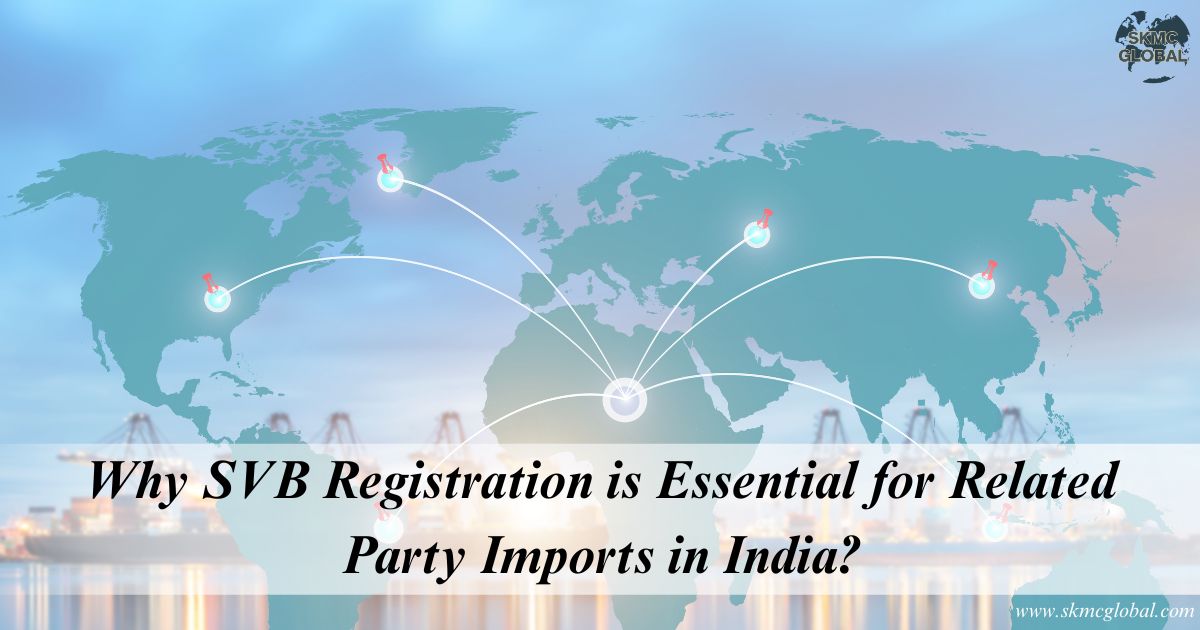 Why SVB Registration is Essential for Related Part...
May 19,2025
Why SVB Registration is Essential for Related Part...
May 19,2025
-
 How Mutual Recognition Agreements Augment AEO Cert...
May 15,2025
How Mutual Recognition Agreements Augment AEO Cert...
May 15,2025
-
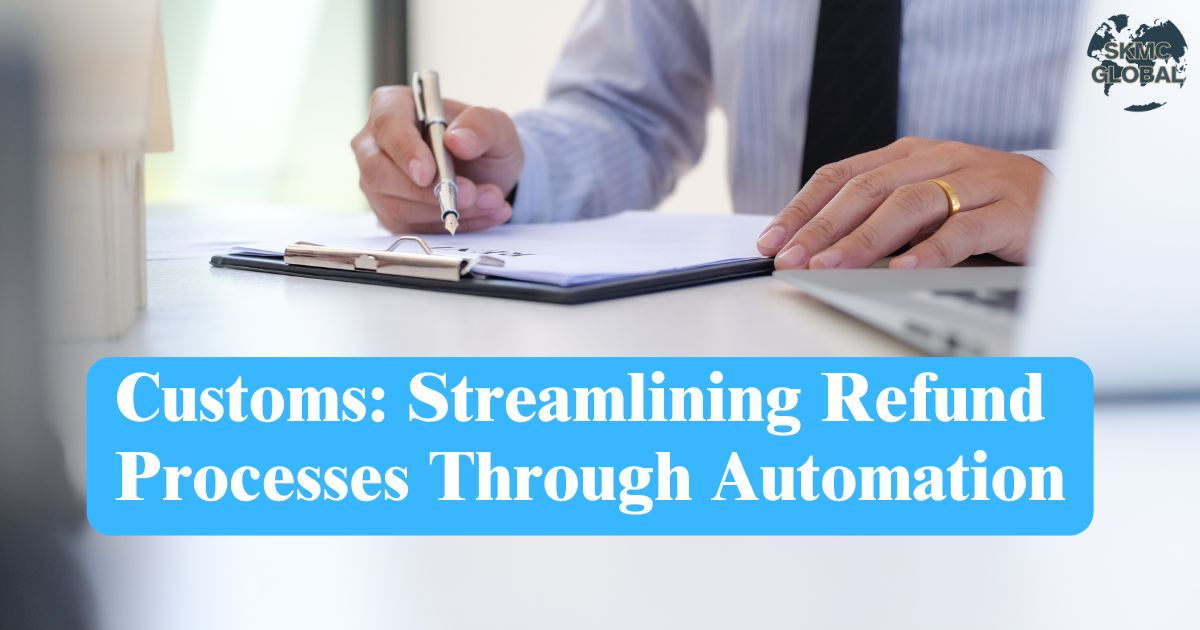 Customs Streamlining Refund Processes Through Auto...
Mar 17,2025
Customs Streamlining Refund Processes Through Auto...
Mar 17,2025
-
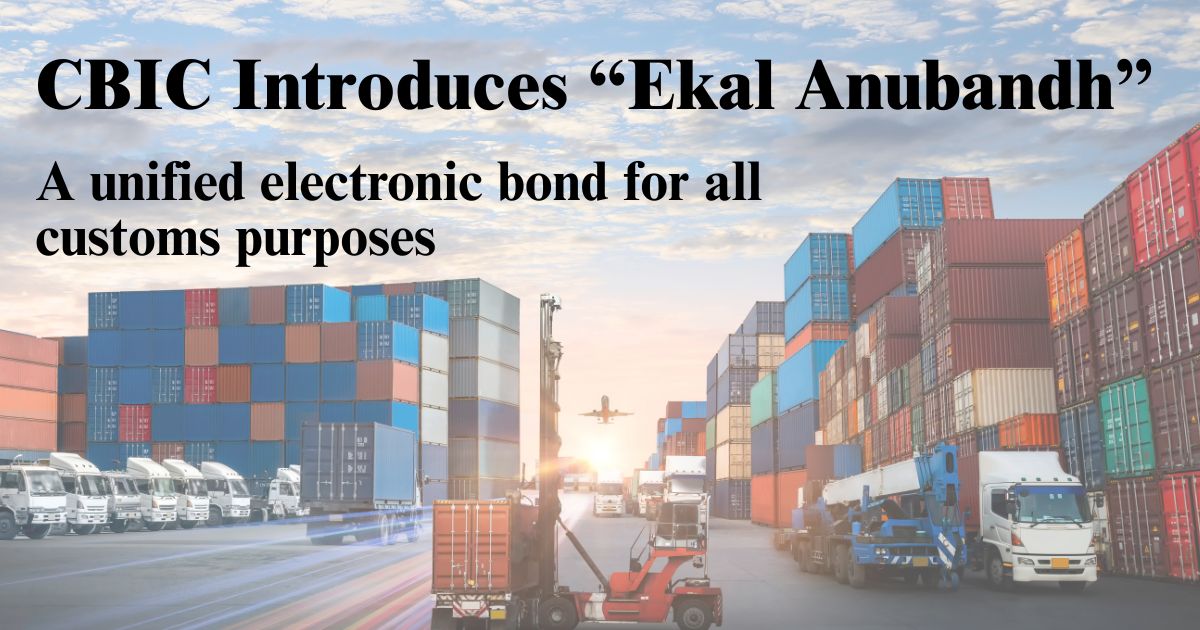 Ekal Anubandh-Single Unified Multi-Purpose Electro...
Mar 06,2025
Ekal Anubandh-Single Unified Multi-Purpose Electro...
Mar 06,2025
-
 Revised guidelines on SVB assessment and its speed...
Aug 26,2021
Revised guidelines on SVB assessment and its speed...
Aug 26,2021
-
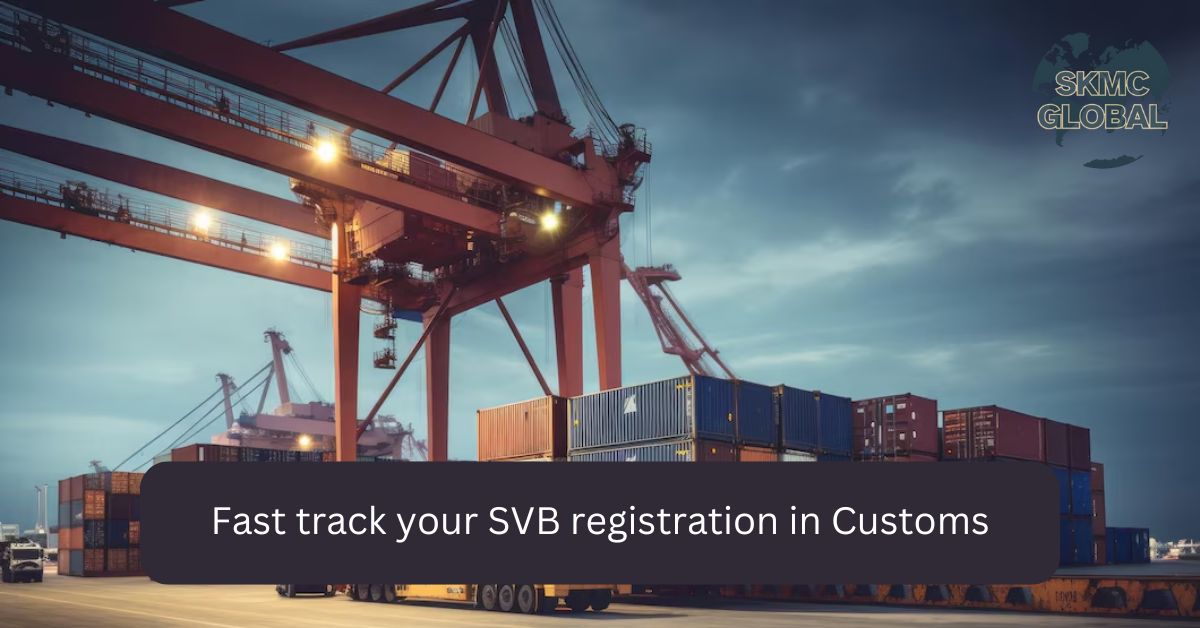 5 ways about how you can fast track your SVB regis...
Jul 21,2021
5 ways about how you can fast track your SVB regis...
Jul 21,2021
-
 AEO Registration in UAE...
Nov 16,2021
AEO Registration in UAE...
Nov 16,2021
